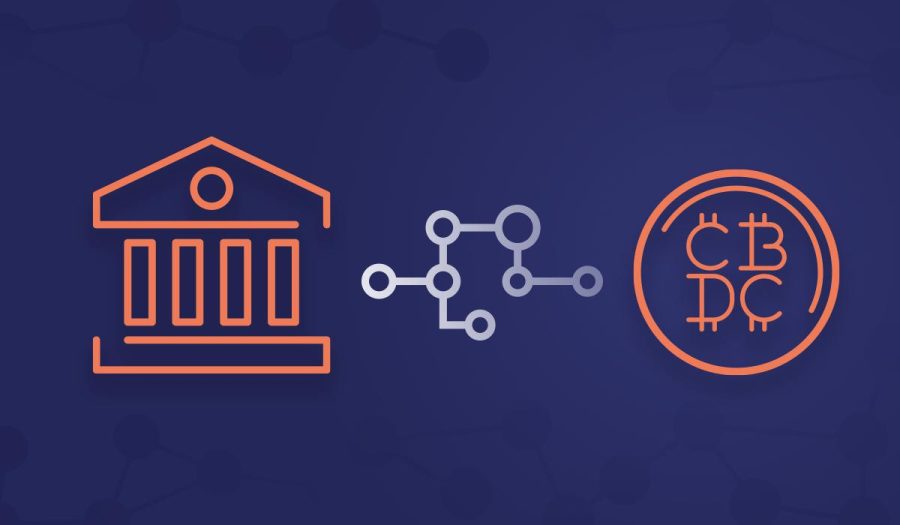The Future of United States Currency
March 23, 2022
In a world that has been rapidly industrializing since the beginnings of history, we have found ourselves in the electrical age of technology. Currently, technology has evolved to the point where we can order a coffee to our house in a few clicks, while also enabling the threat of nuclear war to be at our fingertips. And yet, the once imaginary thought of cloning humans seemed like an issue for the next generations, yet scientists are quickly discovering the art of duplicating cells, tissues, and genes. At the root of all of these realities, however, is the very same technology that we use to text our friends “what’s up”. It seems that everyday technology is becoming more advanced and accessible. But with all of this modernization, one thing has been left behind up until now: money. Pressing the button to turn our flat-screen TVs on in the morning to view the news, a recurring headline has been splashed across our screens: digital currency. Platforms like Cryptocurrency and NFTs have been gaining popularity faster than ever, but should they be the new norm?
The use of digital currency platforms has been completely optional and voluntary by participants. However, the US is currently in the process of creating its own, official digital currency platform that appears to have a great potential of becoming a part of our everyday lives. Furthermore, the US is debating on the installation of a digital currency platform known as the Central Bank Digital Currency (CBDC). In doing so, the dollar bills and coins that we stuff and crumple into our wallets would be a thing of the past.
Upon first glance, many people brush off this digital currency due to the fact that it is unknown. When money is brought to the internet setting, people are quick to assume a scam will follow it. Additionally, the modernizing world has also shown us the damage that can occur from threats to our national cybersecurity. While these are definitely things one using digital currency should be aware and cautious of, there are also many benefits that would come by transitioning the US dollar to a digital platform. Firstly, by establishing a nationwide platform for this digital currency, there would actually be less internet financial scamming. Furthermore, this scamming occurs on third-party platforms where the security of one’s financial status is not one of the corporation’s main concerns. Meanwhile, if the US were to establish its own digital currency in the form of the CBDC, financial security would be a major area of focus and would be consistently regulated by the government. Another benefit that a nationwide digital currency would entail is utter convenience for the consumer. The bank that one once traveled an hour away to reach could now be found directly in their phone. Furthermore, a nationwide form of digital currency would bring a greater sense of financial inclusion to the US.
However, the main reason why the US government is hesitant to implement the CBDC is due to the fact that the modern political climate would have to be completely altered to match this new standard of life. Throughout all of history, a currency has never been changed as drastically as it would if money transitioned to be digital. The potential political repercussions are unpredictable and have the potential to be very destructive. Furthermore, the US government is also very aware of the fact that other countries might take try to exploit the US digital currency or hack into and destroy the US economy. But if we have learned anything in recent years, it is that technology has endless possibilities, and it is very likely that the US could find a way to make potential security threats impossible. In conclusion, the digitalization of currency is just out of reach for the US, but not out of sight.


























